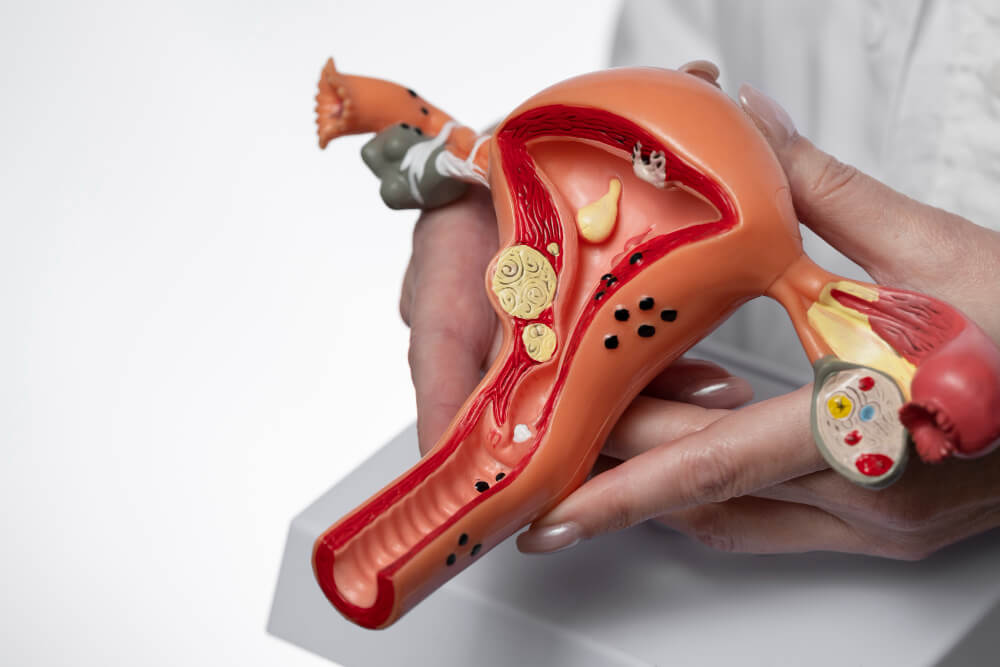How Much Calcium Does The Body Need?

There is about one to 1.5 kilograms of calcium in the human body. Almost 100 percent of the calcium in the body is found in the bones and teeth. For that reason, it is necessary for a healthy body and good functioning of the whole organism.
Although it is best known to make bones from it, calcium has other benefits for our body.
Also read: 14 Vitamin D Deficiency Signs: Symptoms, Causes and Treatments
Asthma and Allergies
It can be in reduced doses in the body, and such a condition can cause insufficient intake through the food you consume, increased secretion of calcium from the body, and poor absorption of calcium that you ingest.
This mineral in the body is essential for many things so people with lower calcium levels may be additionally susceptible to some diseases or problems. They could be more susceptible to getting asthma and allergies, the development of osteoporosis, increased menstrual pain. Calcium can also help maintain an optimal body weight and help with weight loss, and reduce high blood pressure.
Also read: What is the Impact of Vitamin B12 on Health?
If there is a lack of calcium, the body will begin the process of demineralization of bones, which means that it will extract the necessary calcium from the place where it has the most.
In the case of long-term deficiency, brain damage can occur, as well as permanent heart damage. The first parts of the body where you will feel a lack of calcium are muscles and bones. Muscle pain can also be affected by this mineral. The risk of getting osteoporosis, as well as bone fractures, also increases.
Also read: Myths and facts of Vitamin B12 for Erectile Dysfunction
Vitamin D
Prolonged calcium deficiency is associated with the development of hypertension, colon cancer and obesity.
Take calcium from your daily diet. In addition, it is necessary to take enough vitamin D and magnesium, because they play a major role in the proper absorption of calcium. Because, if you lack vitamin D, calcium will not be used properly either.
Also read: Top 10 Vegetables and Fruits Highest in Vitamin C
Deficiency symptoms
The following symptoms will indicate a lack of calcium in the body:
- Tingling in the fingers and stiffness
- Frequent muscle spasms and pain during spasms
- Convulsions and lethargy
- Poor appetite and poor food intake during the day
- Abnormal heart rhythm
- Spasms in the larynx
- Difficulty breathing
- Depression, dementia and even psychosis

Rich sources
Foods that contain calcium can literally be eaten every day:
- seaweed
- Milk and milk products (cheeses, yoghurts, cream…)
- vegetables: spinach, lentils, beets, chicory, peas, cabbage, broccoli, kale
- fruits: dried figs, bananas, almonds and oranges
Also read: Here are 5 Foods you Should Eat for a Good Sex Life!
Daily needs
Sufficient amounts of calcium can be ingested with an adequate and carefully planned diet, and the required amount depends on age, body weight and medical factors. Most adults need at least 800 milligrams of calcium a day.



